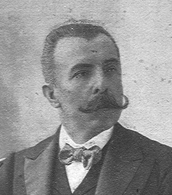 W
WSilvio Arrivabene Valenti Gonzaga was an Italian agronomist and politician. He was born in Mantua to an ancient noble family, many of whose members were active in the Italian Risorgimento, including his father Carlo Arrivabene Valenti Gonzaga, his great-uncle Giovanni Arrivabene, and his uncle Opprandino Arrivabene. During the war for Italian independence, he served in Garibaldi's army and received the Medal of Military Valor for his actions during the siege of Capua. He later served in the Italian Chamber of Deputies from 1890 to 1892 and was made a Senator in 1900. He died suddenly in Florence at the age of 68. His son Giberto Arrivabene Valenti Gonzaga (1872–1933) also served in the Italian Chamber of Deputies and Senate.
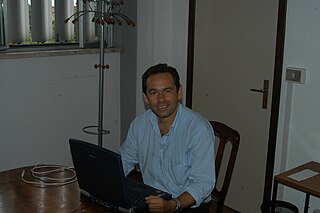 W
WGianni Bellocchi is a researcher in agricultural and related sciences. He is credited with the development of approaches and tools in validation of estimates and measurements. Introduction of fuzzy logic in the context of validation is often considered to be the most significant contribution to the field of model and method validation.
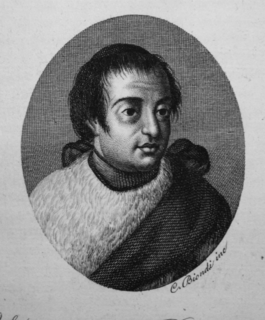 W
WVitangelo Bisceglia was an Italian botanist, agronomist and professor. He taught inside the University of Altamura. Because of his being a polymath, he's been described as "an encyclopedic spirit, the honor of the Muses".
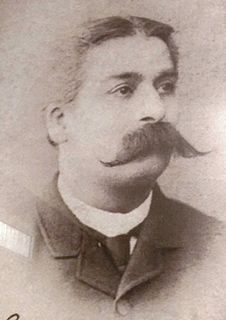 W
WGirolamo Caruso, was an Italian agronomist, university teacher and scientist.
 W
WPietro de' Crescenzi, Latin: 'Petrus de Crescentiis', was a Bolognese jurist, now remembered for his writings on horticulture and agriculture, the Ruralia commoda. There are many variant spellings of his name.
 W
WGiuseppe Cuboni was an Italian botanist and agronomist, known for his pioneer work in the field of plant pathology.
 W
WBernardo Davanzati was an Italian agronomist, economist and translator.
 W
WBartolomeo Intieri was an Italian agronomist.
 W
WRaffaello Lambruschini was a priest, Tuscan agricultural and pedagogical scholar and author; and Italian politician and senator. His diverse interests were pursued through an evolving career.
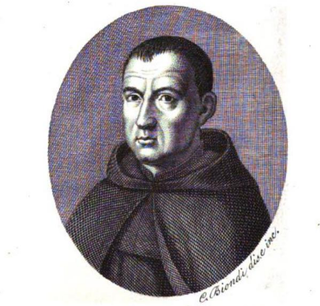 W
WNicola Onorati who sometimes wrote under the pseudonym Columella was an Italian agronomist and naturalist.
 W
WAntonio Sangiovanni was an Italian agronomist and mathematician.
 W
WGiacomo Sartori is an Italian author and agronomist. His day job as a soil scientist has attracted attention for its atypicality and influence on his work. Sartori, who began writing in his thirties, has since published seven novels and four collections of short stories. He is also an editor and columnist of the online literary magazine Nazione Indiana. I Am God, his first novel to be published in English, was translated in 2019 by Frederika Randall and received positive reviews.
 W
WArrigo Serpieri was an economist, politician, and agronomist. Serpieri was an expert in agricultural economics, and was undersecretary of the Ministry of Agriculture during the Fascist period.
 W
WNazareno Strampelli was an Italian agronomist and plant breeder. He was the forerunner of what became known as the Green Revolution of the late 1960s. Strampelli's work allowed Italy to become almost self-sufficient in bread wheat production, relative to Italy's contemporaneous population and consumption patterns, increasing area-based agricultural intensity from an average yield of 1.0 t/ha at the beginning of the 19th century to about 1.5 t/ha in the 1930s, through the hybridization of wheat into high-yield varietals.
 W
WCamillo Tarello was a Venetian agronomist, known as author of Ricordo d'agricoltura di M. Camillo Tarello, and for his patent of a new system in agriculture based on crop rotation granted by the Venetian Senate in 1566.
 W
WNicolò Tron was an Italian politician, businessman and agronomist, citizen of the Republic of Venice.